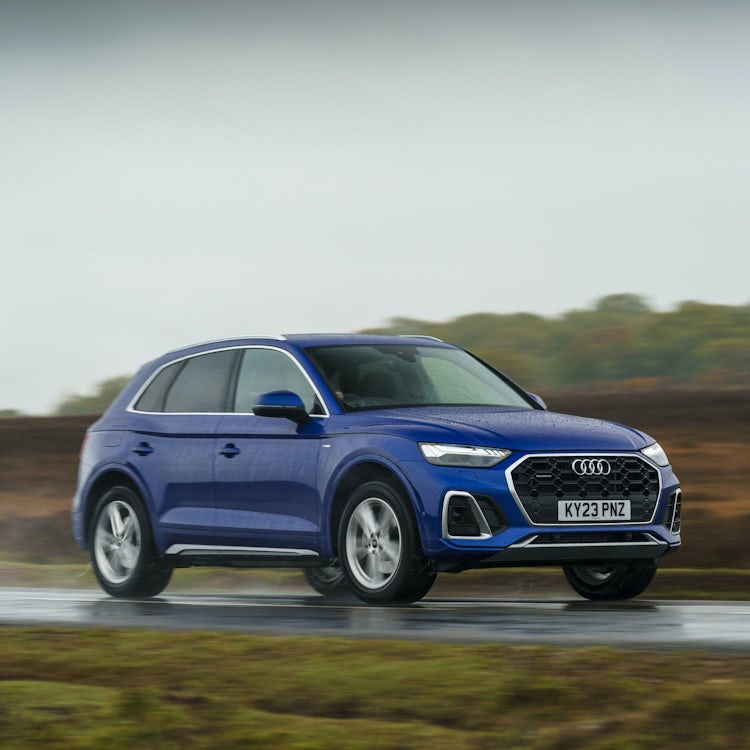Compare the best hybrid SUVs
High-quality hybrid SUVs from rated and reviewed dealers

Best hybrid SUVs of 2023
The combination of style and practicality SUVs offer is hard to beat, but the problem of course is that SUVs are bigger and heavier than conventional cars, so they tend to be thirstier.
And while diesel engines would previously have solved this issue, that fuel has fallen out of fashion in recent years, leaving hybridisation to pick up the slack. Unsurprisingly, then, there are plenty of hybrid SUVs to choose from.
As such, you can have a hybrid SUV in almost any flavour you want: big or small, affordable or expensive, premium or mainstream, plug-in or conventional hybrid - there are a heck of a lot of options out there. All blend the long-distance capabilities of the internal combustion engine with the zero-emission nature of an electric motor and batteries to some extent, and we've consulted our car-review gurus to bring you 10 of the best.
Here, we run down a selection of brilliant hybrid SUVs for you to consider, covering as many bases as possible.
1. Land Rover Defender
Land Rover Defender review2. Audi Q5
Audi Q5 review3. Volvo XC60
Volvo XC40 review4. BMW X3
BMW X3 review5. Lexus NX
Lexus NX Hybrid reviewSell your car for what it's really worth
The free, easy way to get 4,000+ dealers all over the UK bidding on your car
6. Cupra Formentor
Cupra Formentor review7. Kia Sorento
Kia Sorento review8. Toyota C-HR
Toyota C-HR review9. Ford Kuga
Ford Kuga review10. Mercedes GLE
Mercedes GLE SUV reviewBrowse all hybrid SUVs
Advice about hybrid SUV cars
Hybrid SUVs FAQs
Other hybrid SUVs
SUVs by make
Browse other car types
- 4x4 Cars
- 7-Seater Cars
- Automatic Cars
- Cheap Cars
- Convertible Cars
- Coupe Cars
- Crossover Cars
- Electric Cars
- Estate Cars
- Executive Cars
- Family Cars
- First Cars
- GT Cars
- Hatchbacks
- Hot Hatches
- Hybrid Cars
- Luxury Cars
- MPVs
- Medium-sized Cars
- Most Economical Cars
- Motability Cars
- SUVs
- Saloon Cars
- Small Cars
- Sports Cars
- Superminis


